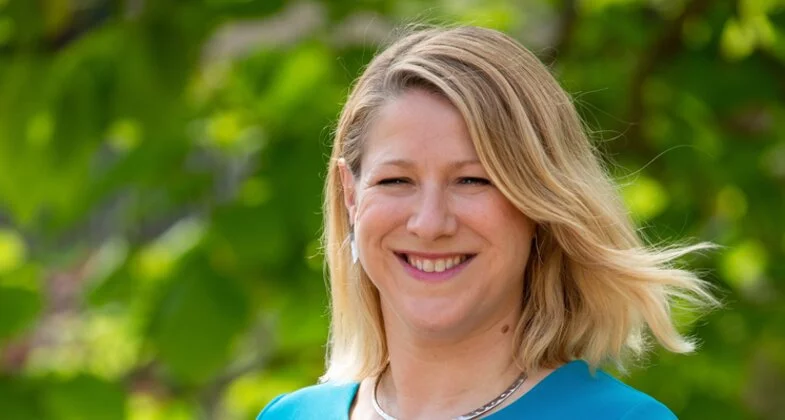Hospice Leadership: What’s next post COVID-19?
Hospices like so many other key workplaces are remaining ‘open’ as best as they can to deliver vital services to those in need. We were delighted to host our first Hospice Leadership Online Forum where we were joined by 10 hospice CEOs from around the country to discuss the current and future challenges facing the sector amid the economic crisis.
Service redesign
The current situation has given CEOs and their Boards the chance to talk about services they deliver and how to redesign them to make them financially sustainable and relevant. The big debate was around the future of day hospices. Most of the hospices represented have closed their day hospice units to support social distancing and are now using online/telephone interventions around bereavement services and counselling. Conversations are happening around the virtual board table that would suggest that there is a strong possibility that hospices may not reopen in the same form, especially as some would need significant further investment. Positively, this is an opportunity to review clinical models, modernise and change.
Income generation
While most of those present were confident in their reserves to keep doors open for the next 3/6/9 months, however the challenge facing most hospices is longer term. What happens when the post-COVID-19 slump hits and there is donor fatigue? Most predict hospices will lose around a third of their income as a result of this crisis and are taking this time to plan ahead and asking questions such as:
- Where could new sources of income be sought in a future world, where both personal and corporate expenditure may be affected for some time?
- Would traditional community support shift towards supporting the NHS?
- Will the more locally based charities still benefit from community support?
It was felt that ‘staying local’ was a definite plus for hospices and being more vocal about the services they provide, and their impact gives them an advantage over national charities. Retail income is expected to be badly hit for some time, all charity retail outlets are closed with no income coming in from this source at the moment. When they do reopen considerations will need to be made about social distancing and the store presentation. Shoppers are likely to ask themselves – does this shop look clean and hygienic? No more ‘cluttered jumble sale appearance’.
Hospice UK funding has given most some breathing space to bridge the income generation gap – but 2021 will see fundamental changes.
The death of hospices
A controversial topic around the possibility of hospices being subsumed into the NHS as the commissioner/services relationship is brought ever closer. Are hospices jealously guarding their ability to control their own destiny? Will hospices lose their goodwill to the NHS and will hospices need to mobilise their links with the NHS to stay in favour? And, should specialist consultant led services actually be delivered by the NHS, it is after all meant to be ‘cradle to grave’ which will allow hospices to deliver high quality nurse-led palliative care. This could be an opportunity for the two sectors to engage in meaningful negotiations around future collaboration and working more closely together.
The future
The crisis has encouraged organisations to share ideals and look at new models and ways of operating. There is a real need for hospices to be innovative, move quickly and adapt swiftly whilst having open and honest conversations about the future. Can they review retail operations or explore the merger of some back-office functions to share costs? Some hospices already share the cost of a central procurement resource, but can this be developed further? The CEOs agreed that this was an opportunity for them to challenge their Boards and look at how hospices or other nearby charities can work together to create a sustainable future for all.
Thank you to everyone who attended our forum and we look forward to hosting further events to share ideas on leading organisations through the re-opening of services, reintegration of teams and future funding challenges.
Hosted by:
Sandra Hamovic, Hannah Wade and Leia Clancy of Berwick Partners, and Catherine Rustomji and Kerren Daly of Browne Jacobson.
For more information, please contact Sandra Hamovic or Hannah Wade in Berwick Partners’ Not for Profit practice.
Sandra specialises in hospices, healthcare and health condition charities across London and the South and Hannah for the Midlands and the North.






